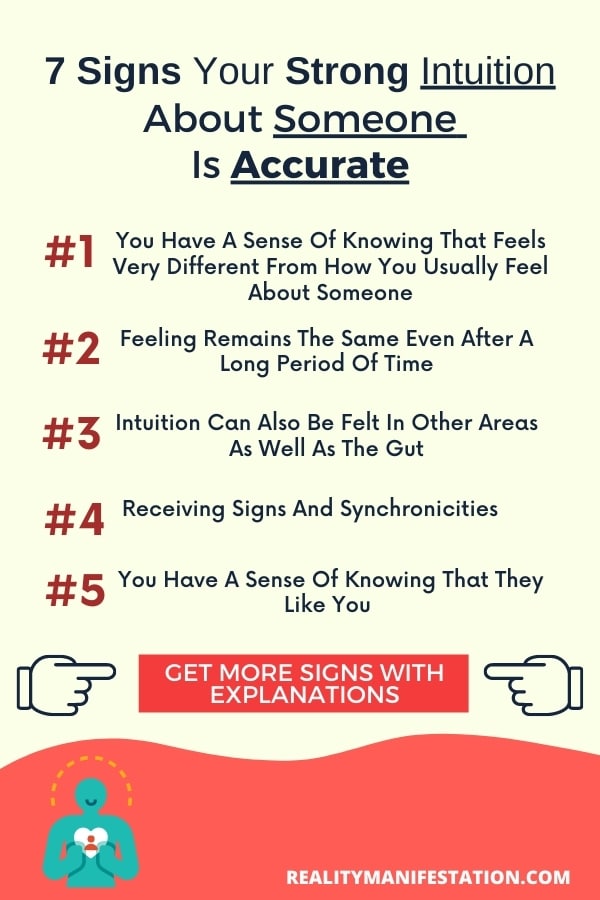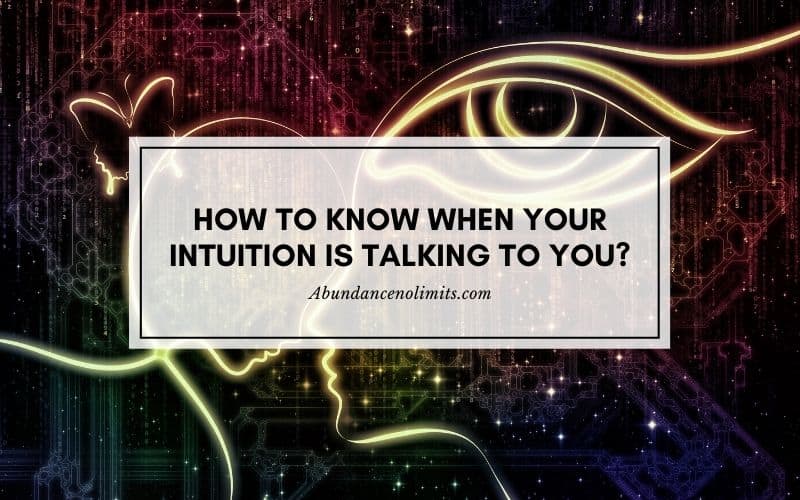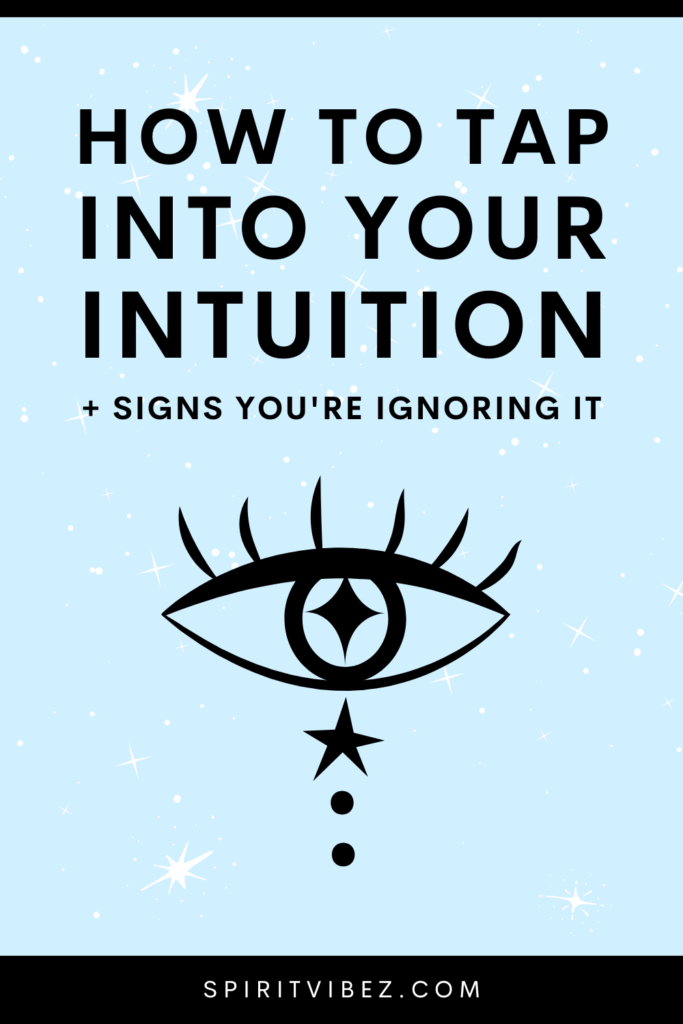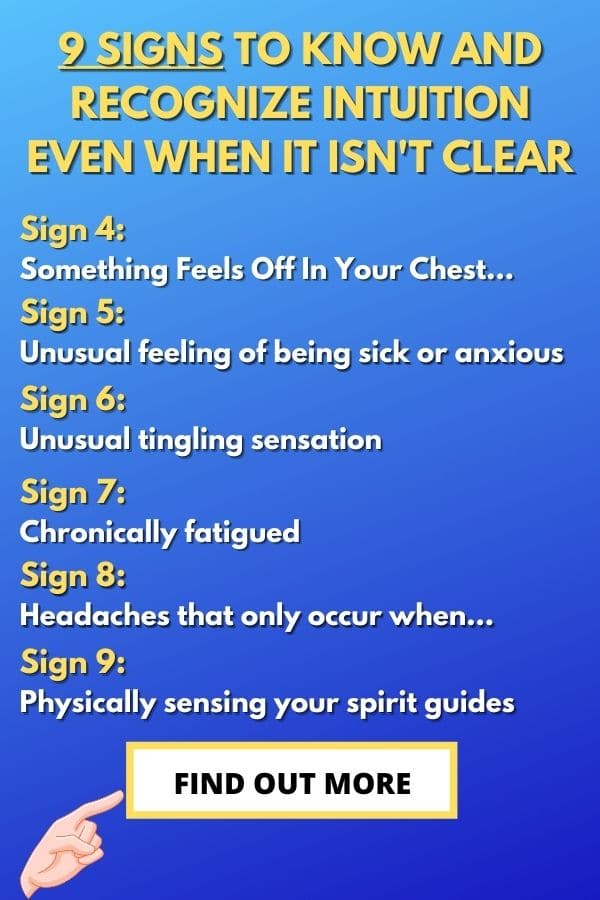How To Know If Your Intuition Is Right

The cafe hummed with the gentle clatter of ceramic mugs and hushed conversations. Sunlight streamed through the window, warming the faces of patrons lost in their thoughts. But Sarah wasn't among them. A knot tightened in her stomach, a nagging feeling that urged her to decline the job offer she’d dreamt of for months. Was it fear, or something deeper, a whisper of intuition telling her to reconsider?
Navigating the inner compass of intuition can feel like walking through a dense fog. But learning to discern true intuition from anxiety or wishful thinking is a powerful skill. It can guide you toward fulfilling paths and away from potential pitfalls.
Understanding the Language of Intuition
Intuition is often described as a "gut feeling," an immediate understanding without conscious reasoning. Dr. Judith Orloff, a psychiatrist and intuitive expert, defines it as "a way of knowing that bypasses the rational mind." It's not magic, but rather a culmination of past experiences, subconscious observations, and emotional intelligence all processed below the surface of our awareness.
Distinguishing Intuition from Fear and Wishful Thinking
The key to harnessing your intuition lies in learning to differentiate it from other, less reliable signals. Fear often masquerades as intuition, presenting itself as a strong urge to avoid a situation.
Unlike intuition, which is calm and grounded, fear is typically accompanied by anxiety, rapid heart rate, and a sense of panic.
Wishful thinking, on the other hand, is driven by desire rather than genuine insight. It’s when we desperately want something to be true, so we interpret any sign as confirmation, even if it’s not logically sound.
"Intuition feels expansive and supportive, while fear feels constricting and limiting," explains Dr. Orloff in her book, "Second Sight."
Cultivating Your Intuitive Awareness
Developing your intuitive abilities is like training any other skill; it requires practice and patience. Mindfulness exercises, such as meditation and deep breathing, can help quiet the mental chatter and create space for your intuition to emerge.
Paying attention to your physical sensations is also crucial. Intuition often manifests as a physical feeling in your body, such as a tightening in your chest, a flutter in your stomach, or a sense of lightness and ease.
Journaling can be another powerful tool. By writing down your thoughts and feelings, you can begin to identify patterns and connect with your inner wisdom.
Practical Steps to Validate Your Intuition
Once you have a strong intuitive feeling, it's essential to validate it before taking action. Start by gathering information objectively. Research the situation, talk to trusted friends or mentors, and consider all the facts.
Next, ask yourself specific questions: Does this decision feel aligned with my values? Am I acting out of fear or desire? What are the potential consequences of ignoring my intuition?
Finally, trust your gut. If the decision still feels wrong, even after considering all the logical factors, it's likely your intuition is trying to protect you.
The Gottman Institute, renowned for its research on relationships, emphasizes the importance of honoring intuition in building trust and connection. According to their studies, couples who are attuned to each other's emotional cues and intuitive feelings tend to have stronger, more fulfilling relationships.
The Power of Listening Within
Learning to trust your intuition is a journey of self-discovery and empowerment. It’s about cultivating a deeper understanding of yourself and your inner world.
It's about recognizing that you have an innate wisdom that can guide you toward a more authentic and fulfilling life.
So, the next time you find yourself at a crossroads, take a moment to listen to the quiet whisper within. It might just lead you down the path you were always meant to take.


















